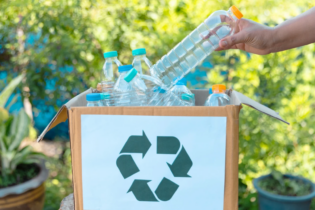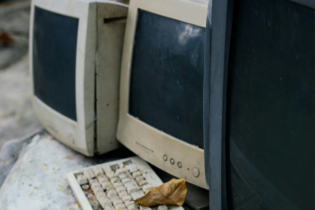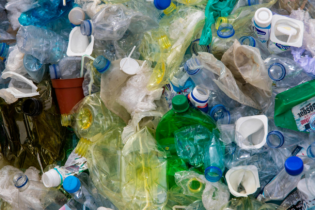The UK-based website www.thisismoney.co.uk reports that British consumers are being urged to sell their old cellphones which are then restored and sold to customers in Africa, including South Africa, as well as countries in South America and Asia. In Johannesburg alone, there are countless sites where one can shop for second-hand or refurbished cellphones, many coming from this market.
In the UK there are several companies which pay between £5 (R65) to more than £200 (R2 600) for a second-hand phone, depending on its make and quality. Colin White, managing director of second-hand phone comparison website www.sellmymobile.com, says as the trend catches on the mobile recycling industry is growing by about 25% a year. During July, around £1.5 million (R19.5 million) worth of cellphones were sold on White’s website alone and as new models are constantly released along with the growing tablet market, the trend is set to continue. Apple is expected to announce the iPhone 5 and a mini-iPad during September and Microsoft, Samsung and Google are also releasing new phones and tablets. Hundreds of models trade on the second-hand market with the most popular being from Apple. An iPhone 4 in good condition commands a second-hand price of £200 (R2 600). BlackBerry is also a popular trade-in, accounting for four in 10 sales. White says that although mobile phones make up the vast majority of sales, the iPad, launched two years ago, has also spawned a healthy second-hand market. The iPad 3 can be sold for £400 (R5 200), while a Blackberry PlayBook can change hands for as much as £300 (R3 900). “You need to make the decision to sell quickly, as items can halve in value within just six months. As new items are launched demand for the older models falls along with the price they can fetch.”While it is preferable to get some kind of financial return when one upgrades if not possible, it is essential to recycle these products and dispose of them in the correct way. So-called e-waste or electronic waste is defined as hazardous waste and contains a host of very dangerous chemicals. This is a growing problem in South Africa and hundreds of thousands of tonnes of e-waste requires traceable and safe disposal every year and much of this takes places in contravention of the law. Toxins including lead, arsenic, barium, cadmium and mercury can contaminate the environment.
Illegal collectors of e-waste also tend to strip only what they can resell and then the remainder is illegally dumped into landfill and other illegal dump sites. Further to this, Africa has another burden regarding e-waste. Many products are exported to the continent as second-hand goods without the receiving country having the know-how and skills of dealing with them. There are several companies in South AFrica including Desco Electronic Recyclers, that deal with electronic waste and they have drop off centres for these products. See the August 2012 edition of ReSource for more information. If all else fails or you simply have an old cellphone no longer of any use to you, all the Vodacom repair shops across South Africa have a programme with ‘feed me’ recycling bins to dispose of your old phone and its accessories. Source: thismoney.co.uk





